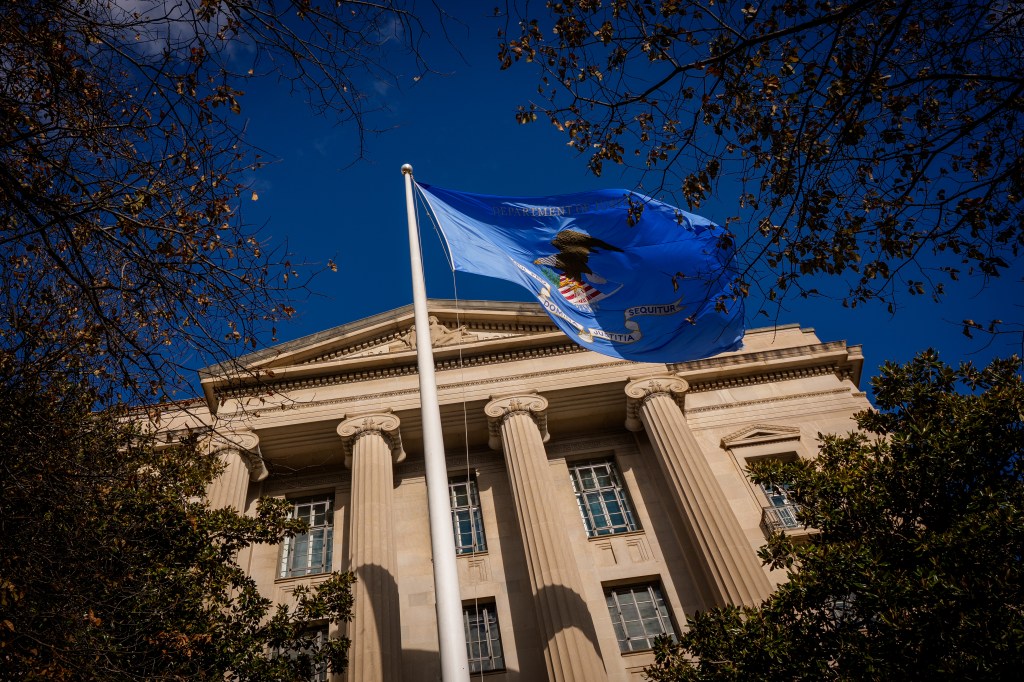In a multistate settlement signed this week along with regulators from New York, California, Massachusetts, Texas, Minnesota, and Nebraska, Wise US, Inc agreed to pay a $4.2m penalty, correct deficiencies in its anti-money-laundering/countering the financing of terrorism (AML/CFT) program, hire an independent third party to verify corrective actions in the program, and submit quarterly reports for two years to the states.
The company must also conduct a look back for previously closed accounts and improve its systems for data integrity regarding customer accounts.
Wise is headquartered in New York and is licensed to transmit money on behalf of customers within the United States and internationally. The company is a subsidiary of Wise PLC, a financial technology firm based in the UK.
“Through collaboration with our valued state partners we will continue to ensure that money transmitters adhere to rigorous standards to protect consumers and the integrity of the financial system,” said New York Department of Financial Services’ (NYDFS’s) Superintendent Adrienne Harris.
“Strong relationships with state and federal regulators alike is crucial to ensuring a fair, transparent, and resilient financial system that protects consumers and fosters innovation across the country,” she said.
Findings
The enforcement actions follow a scheduled regulatory multi-state examination of Wise covering the period of July 1, 2022 to September 30, 2023,
The multi-state examination of Wise resulted in a Report of Examination that cited federal and state-specific compliance violations, including, but not limited to the following alleged violations:
- failure to provide for an independent review of the AML program on a frequency commensurate with services provided;
- deficiencies identified in Wise’s processes for investigating and reporting suspicious activity, including the failure to timely file suspicious activity reports (“SAR”); transaction monitoring data integrity issues;
- failure to timely correct past deficiencies detected in prior examinations and independent audits; and violations related to the Consumer Financial Protection Bureau’s (CFTC’s) Remittance Transfer Rule.
Based on the findings in the Report of Examination, the participating states engaged in direct discussions with Wise’s Board of Directors and senior management to identify steps Wise should take to improve compliance, manage risk, and otherwise to ensure safe and sound operations as part of the multi-state examination resolution process.
Compliance and risk undertakings
The multi-state order directed Wise to provide for an independent review its policies and procedures regarding AML/CFT monitoring on a frequency commensurate with the company’s risk profile, but at least annually. The company must create a “more robust” program to ensure data integrity, the orders note, examining its data for accuracy, completeness, validity and that it is reflected in the company’s regulatory reporting.
And it must engage an independent and qualified third party to conduct testing of the AML/CFT program, including a quarterly written review and verification of all corrective action required in response to the deficiencies identified in the report of examination, and the final report that validates the corrective actions taken in response to the report of examination.
The scope of the engagement must include quarterly independent testing of transaction data to verify the effectiveness of Wise’s internal controls and data integrity systems related to its AML/CFT program.
For two years, Wise needs to provide written progress reports to these state regulators detailing the actions taken and results emanating from the AML/CFT initiatives undertaken as part of the company’s compliance with the order.
Multi-state initiatives
This case is similar to the enforcement actions brought earlier this year by an array of state regulatory authorities against Block, Inc, the entity that operates Cash App. A mobile payment service, Cash App is extremely popular with consumers – more than 50 million people use it to transfer money, make payments, and invest dollars.
In that case, state regulators from 48 states and Washington, DC, found that Block, Inc was noncompliant in some areas, potentially creating opportunities for its services to be used in supporting terrorism financing, money laundering, or other illegal activities.
An administrative penalty of $79m was ordered to be distributed evenly among participating states.
In their orders in the Wise settlement, the state financial regulators that brought the action noted their primary licensing and supervisory responsibility for companies engaged in money transmission. The state regulatory agencies have developed a robust nationwide framework for licensing, regulation, and supervision of the industry, and this “Networked Supervision” approach, they said, “produces a more collaborative regulatory framework and stronger consumer protections.”
Indeed, some regulatory pullback by the federal agencies under a Trump Administration’s overview and an uncertain future of the Consumer Financial Protection Bureau (CFPB) in particular has put more pressure on state financial regulators (and state attorneys general) to supervise, examine and share resources and findings on compliance and risk-management deficiencies at enterprises providing critical services to consumers in their geographies.
Statement from Wise Inc
A spokesperson from Wise said in an emailed statement to several news outlets that the company “takes its responsibility to provide a safe and secure service to our customers very seriously. Between July 2022 and September 2023, the Multi-State MSB Examination Taskforce (MMET) conducted a routine examination of Wise US, Inc.,” the statement said.
“Wise fully cooperated with regulators to implement their regulations. As we build the best way to move and manage the world’s money, we continue to invest heavily in our compliance and controls framework to help ensure we deliver a safe, reliable and seamless customer experience.”













